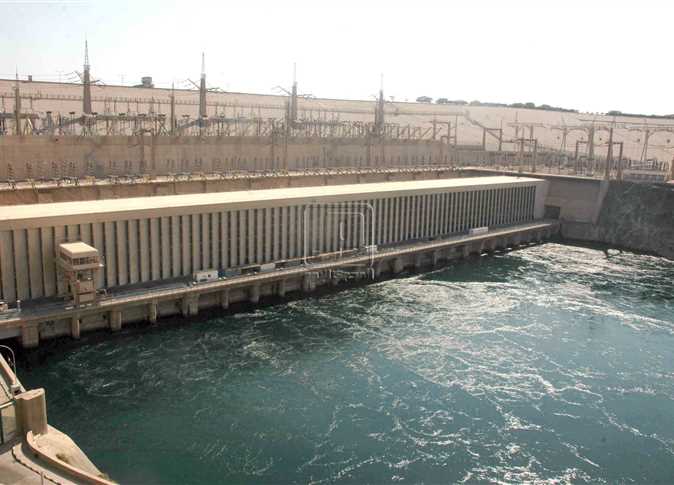Water experts speaking on Friday at a panel at the Political Studies Center disagreed over the importance of Egypt’s alliance with Sudan during negotiations on water sharing between Nile Basin states. While a number of the experts considered Sudan the “cornerstone” in opposing a new agreement, others stated that Sudan could not be depended upon due to the potential succession of Southern Sudan.
As conflict over Nile water distribution has heated up in recent weeks, Egypt and Sudan have stood together to oppose initiatives from upstream countries that would change allocations of Nile water. Under the current agreement, Egypt and Sudan are entitled to approximately 90 percent of the Nile’s water.
Mohamed Abul Aineyn, head of the Institute of African Studies at Cairo University, said during a symposium titled “An Introduction to Egypt’s Role in the Nile River Basin,” that Egypt’s regional role has been negatively affected by a change in Egypt’s political priorities, reflecting an increased emphasis on internal matters at an expense of foreign affairs, which has given Israel the opportunity to penetrate Africa.
Abul Aineyn noted that Egypt’s alternative to the status quo lay in forming a united front with Sudan to preserve the current distribution of Nile water, which is based on a 1929 treaty. According to Abul Aineyn, such a front could be formed by renewing a mutual defense agreement with Sudan, or at the least hinting at such an agreement.
Maghawari Diab, the former president of Monufiya University, said that the talk about water shares was un-scientific. Diab emphasized the importance of using water use data to create “politico-scientific” policies.
Hani Rislan, the head of the Sudanese and Nile Basin Studies Program at the Ahram Center for Strategic and International Studies, stated that Southern Sudan will become the eleventh state in the Nile Basin after a referendum on Southern Sudan’s independence, which is scheduled for January 2011.
Rislan stressed that the Southern Sudan’s position will go against Egypt’s, saying that it will become an Israeli-American military base.
Rislan cautioned against Egypt relying on Sudan as a strategic partner in Nile Basin negotiations, saying: “The media there describe Egypt as a colonial state and malign it more than the other basin states.” He noted it was incumbent upon Egypt to act quickly, “because Egypt faces an agreement signed by the majority and as such, international law will be of no use to it.”
Nabil Badar, the former assistant minister of foreign affairs, said during the panel that while he doubts Egypt has the support of other Arab states during the current discussions over the Nile, he does not rule out the possibility that they will change their positions in the future.
Translated from the Arabic Edition.
Egypt




